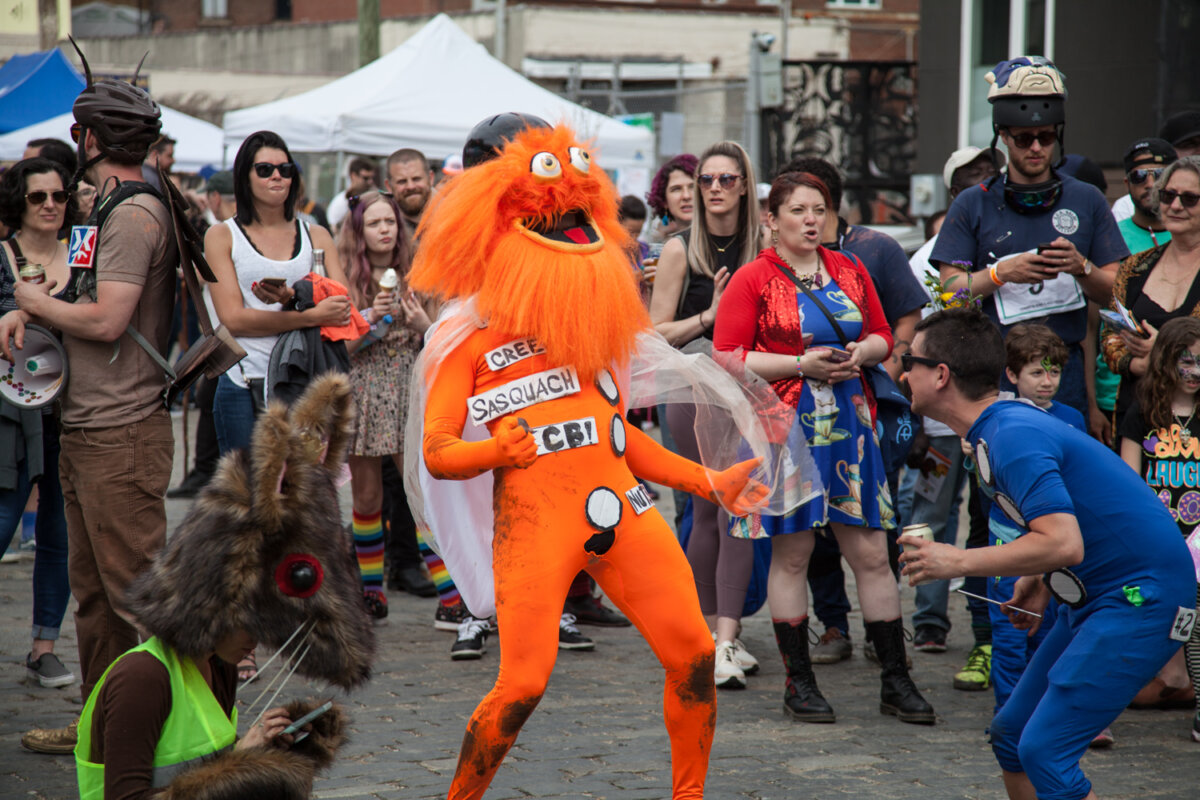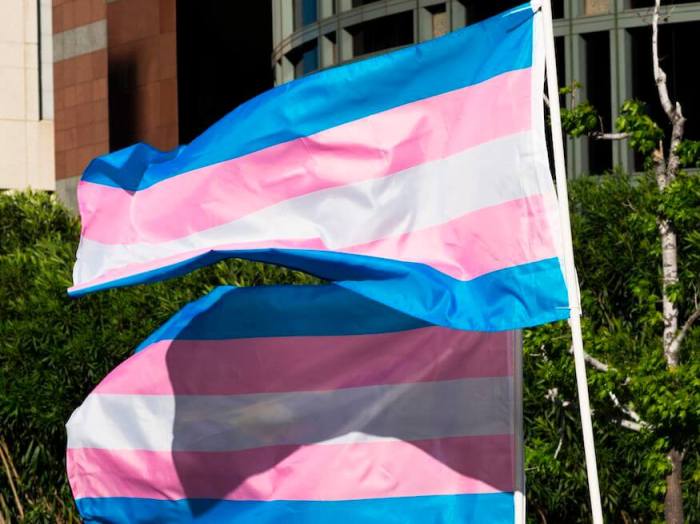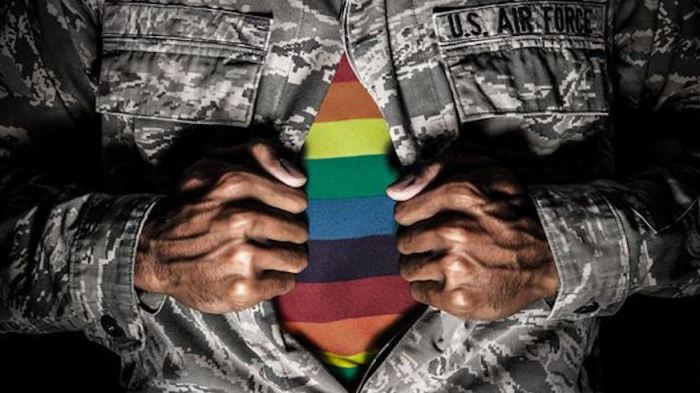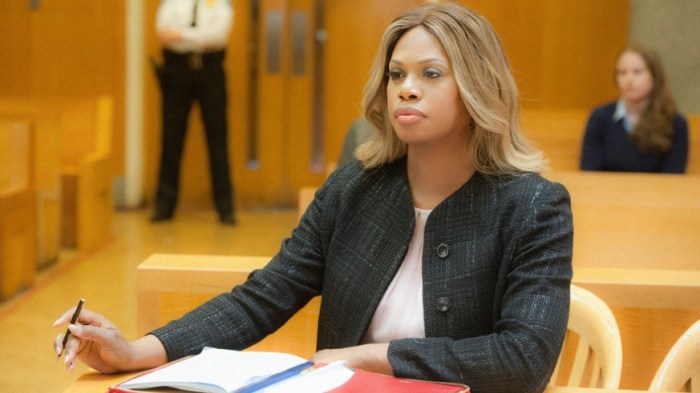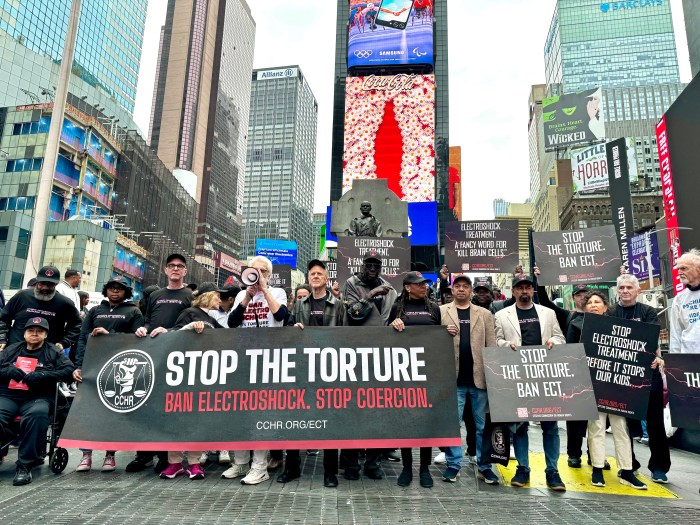While celebrating World Pride and the 50th anniversary of the Stonewall Inn riots, it is important to remember the rights that are in danger of being stripped away from those living next door to us. While those who do not belong to the LGBTQ+ community can find ways to show their support, there is always more to learn when becoming a better straight ally to those who need people in their corner.
“It’s really important to show up to our events, starting at Pride,” says Christina Picciano, the Founder of The Ossining LGBTQ Alliance. “From there, when you’re attending pride, or a queer event or an event at a queer space, really understanding the history behind it and why we are there. That’s where I’m seeing the connection, you know? Trying to put the connection together. For example, at a flag raising. Why are we raising the pride flag? It’s not just because it’s a rainbow. And so, really taking the time to learn about queer history, especially this year is the fiftieth anniversary of the Stonewall Riots. What were the Stonewall Riots? Why do you need to have pride?”
“We need people to literally get in the ring for us and confront people who disagree,” — Christina Picciano, Founder of The Ossining LGBTQ Alliance.

Christina Picciano.
Picciano, who is also the lead singer of the Ossining-based Punk band, All My Friends, believes that even though some may show their support for the LGBTQ+ community through their political leanings alone, showing up in a physical sense is the most important thing a straight ally can do to show their support. Because in this current moment, people you may know are fighting for their rights just to be who they are.
“We need people to literally get in the ring for us and confront people who disagree, who are homophobic, who agree with the many policies on a federal level that are hurting us and I’m oftentimes seeing in these aggressive dialogues, people of more privilege almost shutting off and saying like, ‘I can’t talk to them I’m not supportive.’ And I actually want people to talk to Trump supporters and get them to understand why this is so important. And if it’s coming from an allied perspective, it’s often times people have said to me, ‘You’re playing the victim card.’ It comes when we have allies and LGBTQ community together, it’s just so much stronger.”
“Dialogues and conversations are so important and useful,” — Joanna C. Valente, a Brooklyn-based Poet
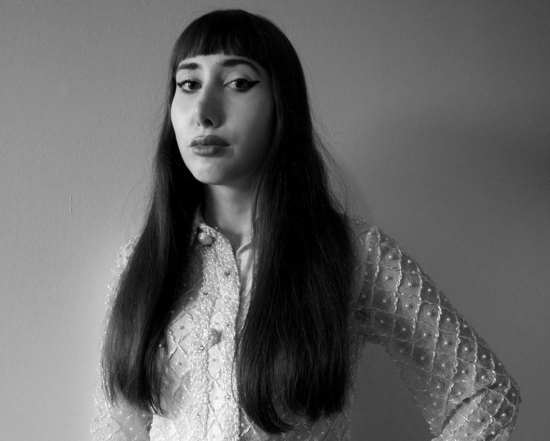
Joanna C. Valente.
Joanna C. Valente is a Brooklyn based poet and teacher and is the author of four poetry collections, including Marys of the Sea and is the editor of A Shadow Map: Writing By Survivors of Sexual Assault. Valente identifies as non-binary choosing transient pronouns such as “They” to address their gender fluidity. Valente believes that in order to build your connection as a straight-cis-gendered ally, being an active listener with an open mind and heart will only strengthen your bond between you and the LGBTQ+ community.
“I’d say just listening is huge,” Valente explains. “Not making judgments or asking questions in a critical way. Dialogues and conversations are so important and useful. Education is a give and take; while no one has to do the emotional labor to educate someone, I do think it’s important to allow people to come to you with questions so they can learn from someone they know and trust. And I think it’s important, of course, for cis-gender/straight people to ask questions in a humble way, using language like, ‘I don’t totally understand this but want to,’ as opposed to ‘why do you identify that way?’ I think, especially with pronouns and identity in general, it’s important to just ask what someone prefers so they can feel like they can be open — as opposed to having to fit into a group or stereotype.”
Listening and understanding where the movement originated and the battles being fought today is paramount. By realizing how regressive policies will affect those in your own life, you will be more equipped to show your support when it really matters.
“We need people to show up at demonstrations, show up at political events, write letters. To just really support us,” says Picciano. “Especially when a lot of queer people don’t have the family support. We need all the support we can get. So I really view sitting out on the sidelines as not an option. If you’re going to do that I don’t view you as being a true ally. And I think that, once you understand the history it makes you want to get in the ring. You know, understanding for example how detrimental the Trump transgender military ban would be. If you understand that now this person who the military has employed is the largest employer of the trans community. They will lose their health benefits, they will lose their retirement, they will lose their job. And when you tell someone that, they are like, ‘Wow.’ It kind of gets them fired up. So I think educating people allows them to really, hopefully, stand up to homophobia and transphobia.”









